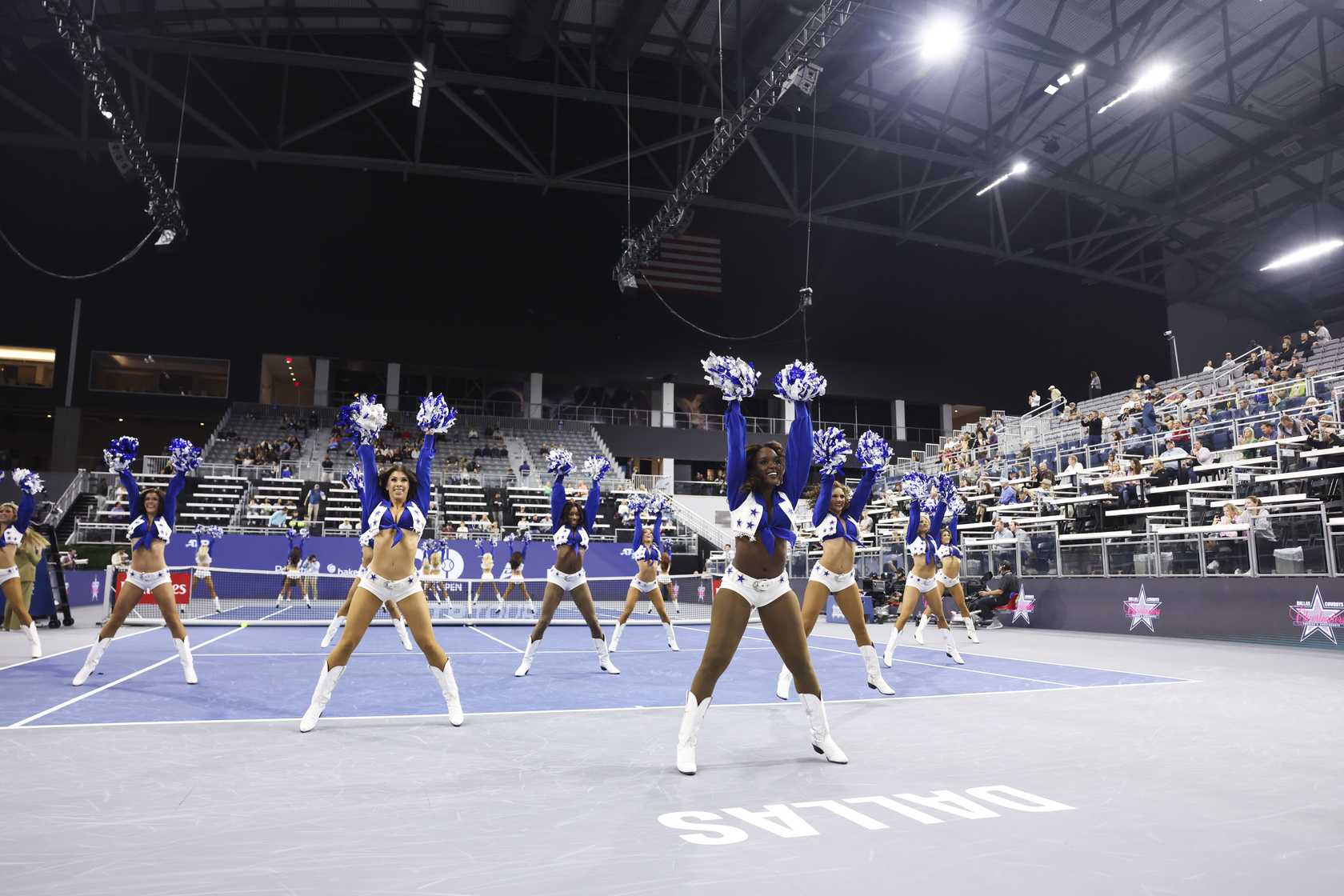[ad_1]
By Randy Walker
@TennisPublisher
During my four years at the University of Georgia, I was privileged to spend my entire tenure in the mix with the university’s celebrated men’s tennis team. For my first two years in 1988 and 1989, I was a walk-on team member and manager of the team, and for my final two years in 1990 and 1991, I served as the tennis writer and eventually sports editor for the UGA student newspaper The Red and Black.
I still have many of the articles I wrote about the Georgia tennis team, which featured collegiate superstars such as Al Parker, Wade McGuire, Ivan Baron, and Patricio Arnold. One of my favorite articles that I found recently featured Athens, Georgia native Jack Frierson and his special bond with John McEnroe when McEnroe famously won the NCAA team and individual titles for Stanford in 1978 in Athens. Frierson was a four-year letter winner for the Dawgs from 1989 to 1992 and he and I were teammates on that 1989 team. Frierson helped the Dawgs to SEC titles in 1989, 1991, and 1992 and NCAA runner-up showings in 1989 and 1991, primarily playing No. 5 and No. 6 singles. He also served as the assistant coach for Georgia under head coach Manny Diaz, helping Georgia win the NCAA team title in 1999. He is now a lawyer in Athens with the firm Frierson & Morang with a focus on Estate Planning and Business Law.
The following is the story titled “Netter Frierson Recalls McEnroe” that I wrote for the Red & Black that ran on May 16, 1991 in advance of the 1991 NCAA Tennis Championships in Athens.
NETTER FRIERSON RECALLS McENROE
When a seven-year-old Jack Frierson walked into Henry Feild Stadium during the 1978 NCAA Men’s Tennis Championships to report for his first day of ball boy duty, he took a fancy to the No. 1 player from Stanford, John McEnroe.
“I thought he was the greatest from day one,” said Frierson, who will play for Georgia in the NCAAs this weekend. “I ballboyed probably every one of his matches, except for maybe a few doubles matches.”
Frierson was entranced by this fiery Brillo-haired menace from Douglaston, New York, who, like Frierson, was a left-hander. McEnroe walked away with the NCAA team and singles titles that year before making his mark on the tennis world with three Wimbledon and four US Open titles.
“He used to talk to me between matches because I was always there on his court,” Frierson said. “I’d go over to him after he played and told him, ‘Nice match.’ He’d ask my name and if I played tennis. I was only seven at the time, so I just thought it was unbelievable. I had an affinity for other left-handers, and he was nice to me during matches. He’d say, ‘Thanks,’ when I’d throw him a ball. If you ask anyone who saw him in Athens, they’d say he was a brat with a temper, but I just thought he was great.”
To others in Athens in 1978, McEnroe was hardly a saint. His reputation for being the Super Brat of tennis wasn’t evidently only in pro tennis but in collegiate ranks as well. McEnroe chided at linesmen, broke rackets, and was assessed point penalties in the same manner that made him famous in the years to come. But to the seven-year-old Frierson, McEnroe was never wrong.
“He could have done anything, but I would’ve defended him,” Frierson said. “I always thought he had a valid point when he argued to me. He was obviously right as I got older, then I knew better.”
As any young boy would do, the young Frierson wrote letters to his new hero after he turned professional and would send along congratulations when he would win another tennis title.
“I’d write him every now and then,” Frierson said. “His dad sent me a letter expressing his thanks for being a loyal fan. He also sent an autographed picture that said, “Best wishes, Jack. John McEnroe.”
As McEnroe kept winning titles, Frierson continued to play, but he didn’t hear from his idol. Several years later, after playing tennis one day in late December, Frierson was surprised to find a Christmas card waiting for him at home, postmarked from San Francisco.
“It was a big red card. I had no idea who it came from,” Frierson said. “I opened it up, and it was a Snoopy Christmas card from McEnroe. He addressed it, ‘Dear Jack Enroe.’ It was a big thrill.”
Since the 1978 NCAAs, Frierson has often seen McEnroe play on television and a few times in person but hasn’t spoken to him since his ball boy days.
“I’d like to see him one day just to see if he actually remembers,” Frierson said. “I would think he would from the standpoint that it was at the NCAAs. I’d like to see if he remembers.”




